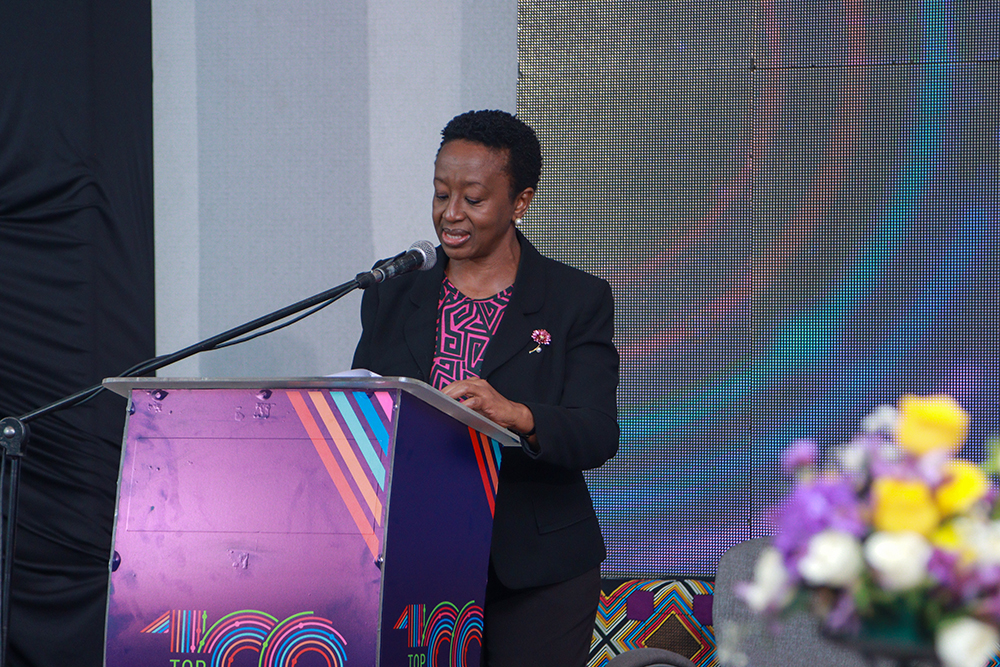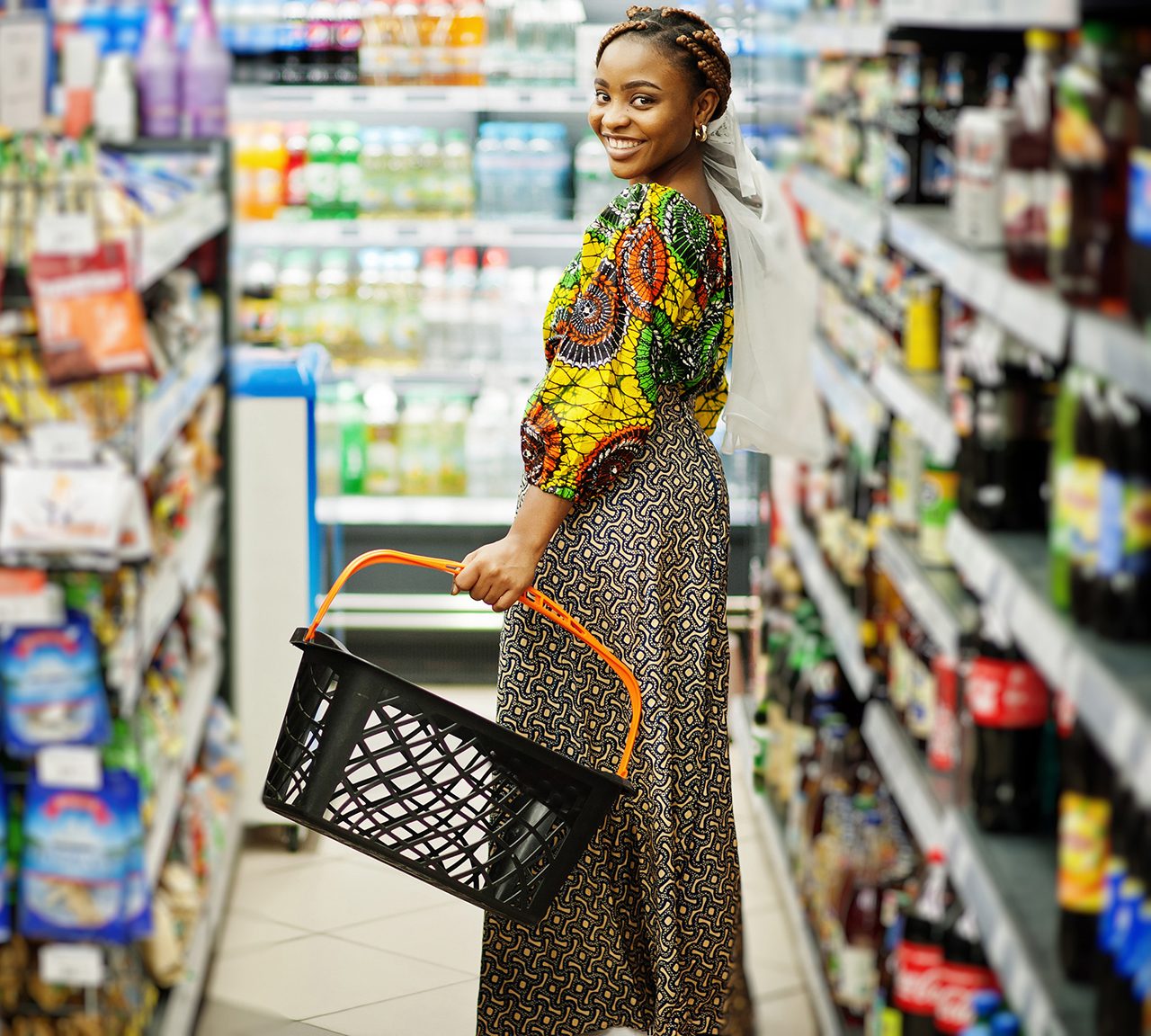By Eva Muraya, Founder & CEO of BSD Group.
African women continue to face deep-rooted structural inequalities and discriminatory gender stereotypes. This has, as a result continued to limit women’s full and equal participation in the social, economic, and political development. The impact of women’s empowerment on Sustainable Development Goals is exponential, as their contributions are essential in all corners relevant to our society and economy. However, as a society, we are facing a moral imperative to redesign, reshape and recalibrate our global approach towards women empowerment. A call to action and alternative pathways that can address some of the major challenges that fuel global, social, and economic gender gap are therefore required to enrich equity and equality among women.Some of these key challenges include lack of equal growth opportunities, equal participation in decision-making, and equal access to resources, entrepreneurship and employment.
A recent report by the World Bank also points out that gender inequality has cost world $70 trillion since 1990. In fact, attaining full gender equality globally can increase the world GDP by up to USD 28 trillion by 2025. Therefore, to reduce poverty, build resilience and, ultimately achieve sustainability, emerging economies such as Kenya must consciously integrate gender approaches in their operations, project planning, design and implementation.
Despite a slow increase in the last 16 years, only 22 percent of women, compared to 67.8 percent of men, officially participate in economic activities in Kenya. This is one of the lowest rates of female labor force's participation in the region, second to
South Africa. On the other hand, female labor force’s participation rate in Rwanda and Nigeria stand at 73 percent and 36 percent respectively.
A 2023 Research Study dubbed the Top 100 Most Loved Brands in Kenya by Ipsos in collaboration with the BSD Group, has estimated that closing gender gaps in economic participation could boost Kenya’s GDP by up to 30 percent. Beyond smart economics, closing gaps between men and women, girls and boys has intrinsic value among families, communities and national economies.
The study also suggests that women have higher levels of socialization to care about others and be socially responsible, which subsequently leads them to care more about national issues. Additionally women have proven to be more powerful consumers and are largely responsible for domestic decision-making which enables them to make more sustainable choices. Marketers have also traditionally advertised more to women, since they buy more lifestyle products across a range of categories hence
perpetually enforcing this gender sustainability gap.
Basically, women and girls are the agents of change and they should not be thought of as ‘beneficiaries’ or ‘vulnerable’. They must be considered as equal partners and valuable contributors to sustainable development. Incorporating their expertise, knowledge and perspectives will equally lead to an integrated approach to sustainable development; given the fact that political, economic and social issues are closely interlinked.
In a nutshell, gender equity and equality are critical to realizing the Sustainable Development Goals.
Entrepreneurship and Employability
Women in the workforce are also key towards developing vibrant economies. Without women’s participation in the workforce, accelerated growth will be a challenge. Creating opportunities that offer employment to women or those that enable them to start their own sustainable businesses also represent a huge opportunity to transform the region’s economic fortunes.
Furthermore we need to understand that businesses can only thrive once the communities we serve thrive too. Investing in communities ensures business sustainability as well.
Governments and policy makers must also recognise that there is a need to scale up financing for interventions seeking to promote gender equality and women’s empowerment, especially through domestic resource mobilisation, to enable an
inclusive and sustainable implementation of the SDGs. There is also an urgent need to bring on board cross-sectoral partners, who are key in this regard, to forge closer collaboration on the implementation of policies and programs that enable the country to realize its gender equality and women’s empowerment commitments. Multi-stakeholder and adequately financed interventions will too hasten the progress towards SDGs and in turn boost social, economic and political opportunities across the region to create a more equal and prosperous continent.
Entrepreneurship and Employability
Entrepreneurship and Employability
Entrepreneurship and Employability
Yet, the pursuit of gender equality is not the sole responsibility of governmental initiatives – gender equality is a shared responsibility.
Civil society, and specifically women-led organizations, can also play a pivotal role in advancing gender equality and realizing the Sustainable Development Goals across all sectors. They can achieve this by holding governments accountable for
translating their commitments into laws and policies and into implementation and enforcement.
Lastly, we must rise- as a country- to the enduring challenge of financing sustainable development in a way that reinforces inclusion, empowerment, and equality. After all, an inclusive society is an enabled society!



